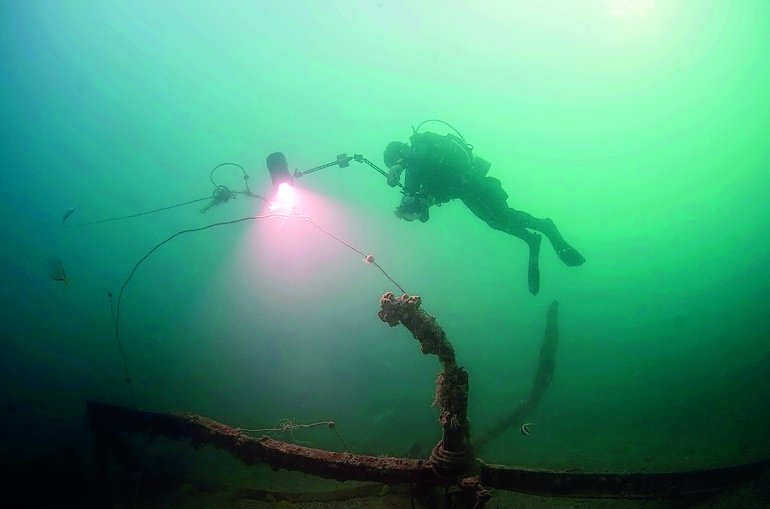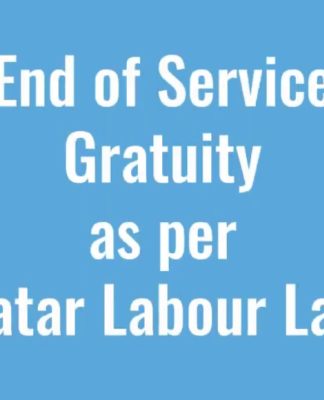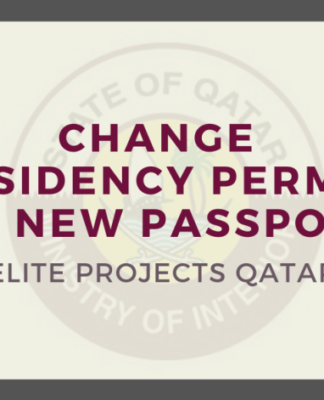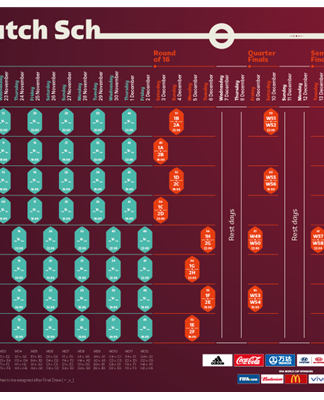08 Feb 2018 – 8:44

The Peninsula
DOHA: Qatar Museums (QM) has launched the second phase of an advanced marine archaeology survey that is set to make a major contribution to the preservation and celebration of the country’s cultural heritage.
The project is based on an innovative partnership with leading figures from the University of York, who have worked closely with a team of experts from QM’s archaeology division
The second phase of the project focuses on surveying areas near the beach of the Unesco World Heritage site at Al Zubarah. The site was an important point of contact for people both inside and outside the Arabian Gulf, which has made it a significant archaeological, historical and economic point of reference. The second phase of the survey was carried out using remote sensing technology, which helped select sites best suited for exploration.
The archaeologically rich area may potentially contain shipwreck remains and other historical artefacts linked to the trade routes used in the past. The area also provides a rich source of information on ancient living environments as well as the sea levels of the Gulf from prehistory to the present time.
“The submerged landscapes and shipwrecks around Qatar represent an unexplored cultural resource and require specialised scientific studies and research to study further. Exploring them will help establish historical and archaeological resources about marine life in Qatar, as well as highlighting Qatar’s heritage and the customs, behaviours, and architectural characteristics of the country’s traditional coastal habitats. This will instill a sense of national belonging for the people of Qatar, promote general knowledge, and provide a chance for audiences to discover Qatar’s culture and archaeology,” said QM’s Acting Chief Archaeology Officer Dr Ali Jassim Al Kubaisi.
During the first phase of the project which was launched last May, the team conducted surveys of known submerged marine archaeological heritage sites, identifying a number of shipwrecks in many areas using state-of-the-art technologies on board the RV Janan vessel. The results included discovering shipwrecks in the north of Qatar which were recorded and documented on 3D high resolution images.
These results contribute to the enhancement of marine archaeological sites both in Qatar and across the region. Additionally, they help increase the awareness and interest of Qataris in the sunken monuments and marine heritage, while at the same time; enhance the touristic experience in Qatar through creating open marine museums. In addition, the United Nations Educational, Scientific and Cultural Organization (Unesco) encourages States to focus studies on submerged monuments and the significant implications that they show about ancient people and settlements.
Describing the survey, QM’s Dr Ali Al Kubaisi, said: “Qatar’s rich and extensive maritime past is an important feature of our country’s progress and development. This maritime archaeology survey will shed new light on key aspects of our cultural heritage. It is the latest example of the steps we are taking to preserve and protect Qatar’s proud history, and celebrate and share it as widely as possible with the local community.”
Archaeological projects of this nature fulfil QM’s aim to manage, conserve, protect and enhance a wide range of sites of historical significance across the country. They also support QM’s vision to turn heritage sites into an inspiration for future generations by allowing them to re-visit their past, and helping them remember their ancestors’ skills, wisdom and heritage.





















 New US Colony: Trump Wants 50% of Ukraine’s $15 T Minerals, Worse than Germany’s WWI Reparations
New US Colony: Trump Wants 50% of Ukraine’s $15 T Minerals, Worse than Germany’s WWI Reparations




 Trump & Elon’s SHOCK scheme gets EXPOSED
Trump & Elon’s SHOCK scheme gets EXPOSED